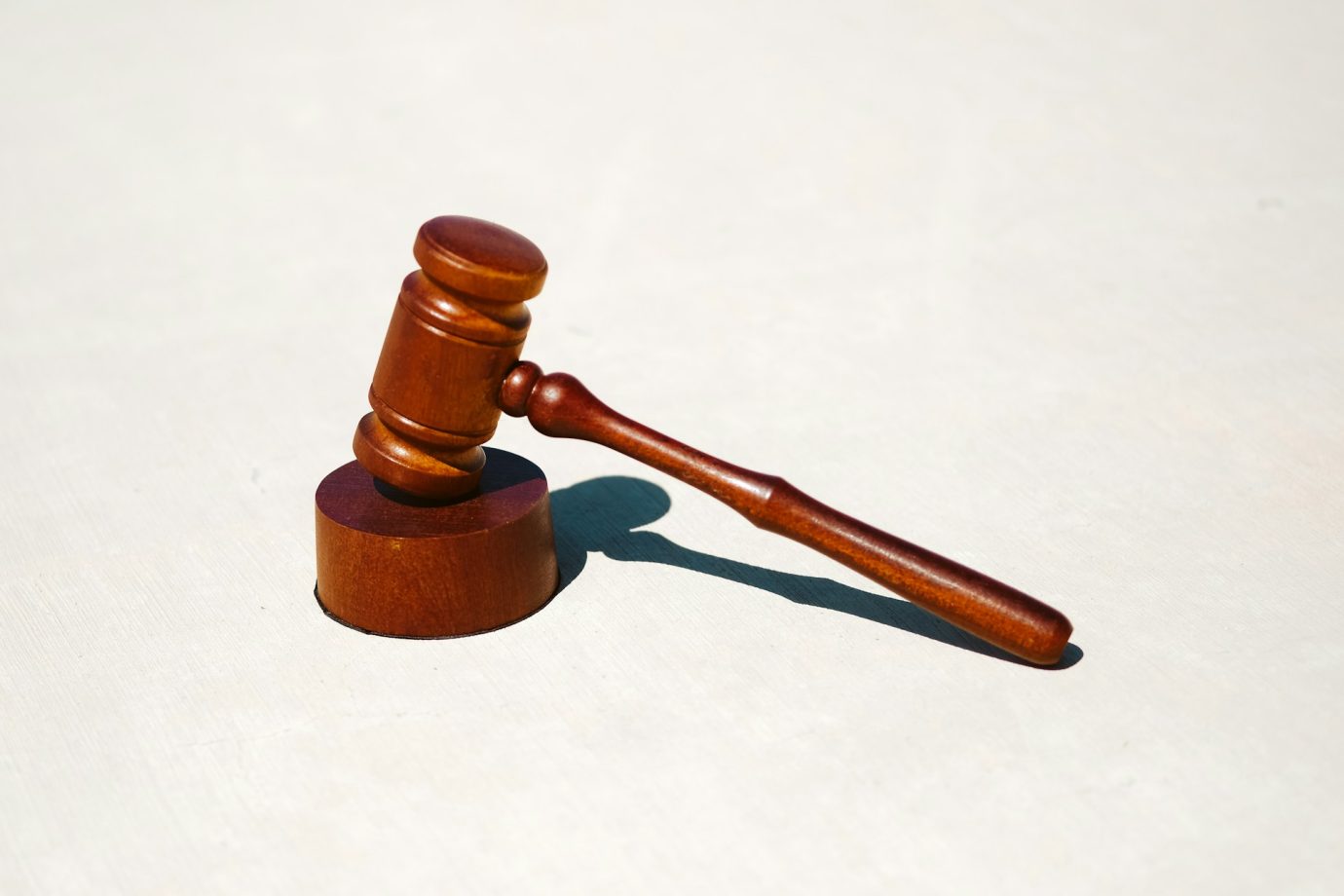Hong Kong has taken a major step toward regulating stablecoins by passing a new bill that sets clear rules for their issuance and oversight. The move comes as authorities aim to boost trust in the fast-growing digital asset sector and position the city as a leader in responsible crypto regulation.
The legislation, passed on May 21 by Hong Kong’s Legislative Council, establishes a licensing system for anyone issuing stablecoins tied to fiat currencies. This includes issuers operating in Hong Kong and those offering stablecoins backed by the Hong Kong dollar, even if they’re based elsewhere. The bill is expected to take effect later this year.

What Are Stablecoins and Why Does This Bill Matter?
Stablecoins are a type of digital currency that aims to hold a steady value, usually by being tied to a traditional currency like the U.S. dollar or, in this case, the Hong Kong dollar. They’re widely used in crypto trading, payments, and decentralized finance (DeFi), but they’ve also raised concerns about financial risk, fraud, and lack of transparency.
With this bill, Hong Kong is setting a new standard in how these digital assets are managed. It introduces strict licensing requirements, including rules for asset reserves, redemption terms, and anti-money laundering procedures. Only companies approved by the Hong Kong Monetary Authority (HKMA) will be allowed to issue or promote stablecoins to retail users. Ads for unlicensed stablecoins will be banned.
Exploring New Cryptocurrencies: Opportunities in a Regulated Market
As Hong Kong strengthens its regulatory framework for stablecoins and other digital assets, it also opens the door for safer participation in emerging crypto projects. For investors, this presents a chance to explore new cryptocurrencies with greater confidence, knowing that the market is becoming more transparent and better supervised.
New tokens often offer innovative use cases, lower entry prices, and the potential for high returns. In a regulated environment like Hong Kong’s, these assets are more likely to come from projects with proper backing, compliance, and real-world utility. If you are curious about what’s launching in the market, you can browse a list of new cryptocurrencies here.
Why Stablecoins Need Rules
Stablecoins play a key role in digital finance by making it easier to transfer money quickly and cheaply while avoiding the price swings seen in other cryptocurrencies. But they haven’t always delivered on safety or stability. The collapse of TerraUSD in 2022, for example, wiped out billions of dollars and left investors reeling. That event revealed major gaps in how some stablecoins are backed and managed.
Hong Kong’s new law is a direct response to these concerns. The idea is simple: if stablecoins are going to be used like money, then they need to be backed and managed like money. The law follows a principle often summed up as “same activity, same risks, same rules.”
Christopher Hui, Secretary for Financial Services and the Treasury, said the law creates “a risk-based approach to promote a robust regulatory environment,” one that protects users and supports long-term industry growth.
What the Law Requires
Under the new rules, stablecoin issuers must meet tough standards. They must:
- Keep enough high-quality, easy-to-access reserves to match the full value of the stablecoins they issue.
- Offer clear redemption rights, meaning holders can convert their stablecoins into fiat money without unreasonable delays or fees.
- Separate client assets from company funds.
- Follow rules on anti-money laundering, audits, and risk management.
- Make clear public disclosures, including detailed white papers on each stablecoin.
Issuers also need at least HKD 25 million (roughly USD 3.2 million) in share capital or equivalent reserves. They must report any major changes or risks to the HKMA and seek approval for key personnel appointments.
The law also cracks down on shady practices. It bans fraud and false advertising tied to stablecoins and gives the HKMA wide powers to investigate, suspend licenses, or take legal action if needed. It even allows for appointing statutory managers to take over troubled companies.
A Step Toward Clarity in a Crowded Space
Hong Kong’s new approach stands out in a region where regulation is still patchy. While places like Singapore and Australia are also looking at stablecoin rules, they mostly rely on existing laws and policy papers. Hong Kong’s move to pass dedicated legislation gives it a head start in offering clarity and confidence to both businesses and consumers.
This matters because a lack of clear rules has long been one of the biggest roadblocks in the crypto space. Uncertainty around what’s legal, how funds are protected, or what happens in a crisis has scared off many users and slowed broader adoption.

The Bigger Picture
In the wake of multiple crypto failures and scandals, governments worldwide are starting to take digital assets more seriously. Whether it’s stablecoins, tokenized securities, or central bank digital currencies, the future of finance is clearly leaning toward blockchain-based systems.
But new technology alone doesn’t build trust. That comes from strong protections, clear expectations, and reliable enforcement. While tighter rules may make life harder for fly-by-night operators or smaller players, they also pave the way for broader adoption by large financial firms and cautious investors. In that sense, Hong Kong isn’t just cleaning up the space, it’s also trying to future-proof it.
And if the law works as planned, it could serve as a model for how to regulate digital currencies across Asia and beyond.

Peyman Khosravani is a global blockchain and digital transformation expert with a passion for marketing, futuristic ideas, analytics insights, startup businesses, and effective communications. He has extensive experience in blockchain and DeFi projects and is committed to using technology to bring justice and fairness to society and promote freedom. Peyman has worked with international organizations to improve digital transformation strategies and data-gathering strategies that help identify customer touchpoints and sources of data that tell the story of what is happening. With his expertise in blockchain, digital transformation, marketing, analytics insights, startup businesses, and effective communications, Peyman is dedicated to helping businesses succeed in the digital age. He believes that technology can be used as a tool for positive change in the world.









